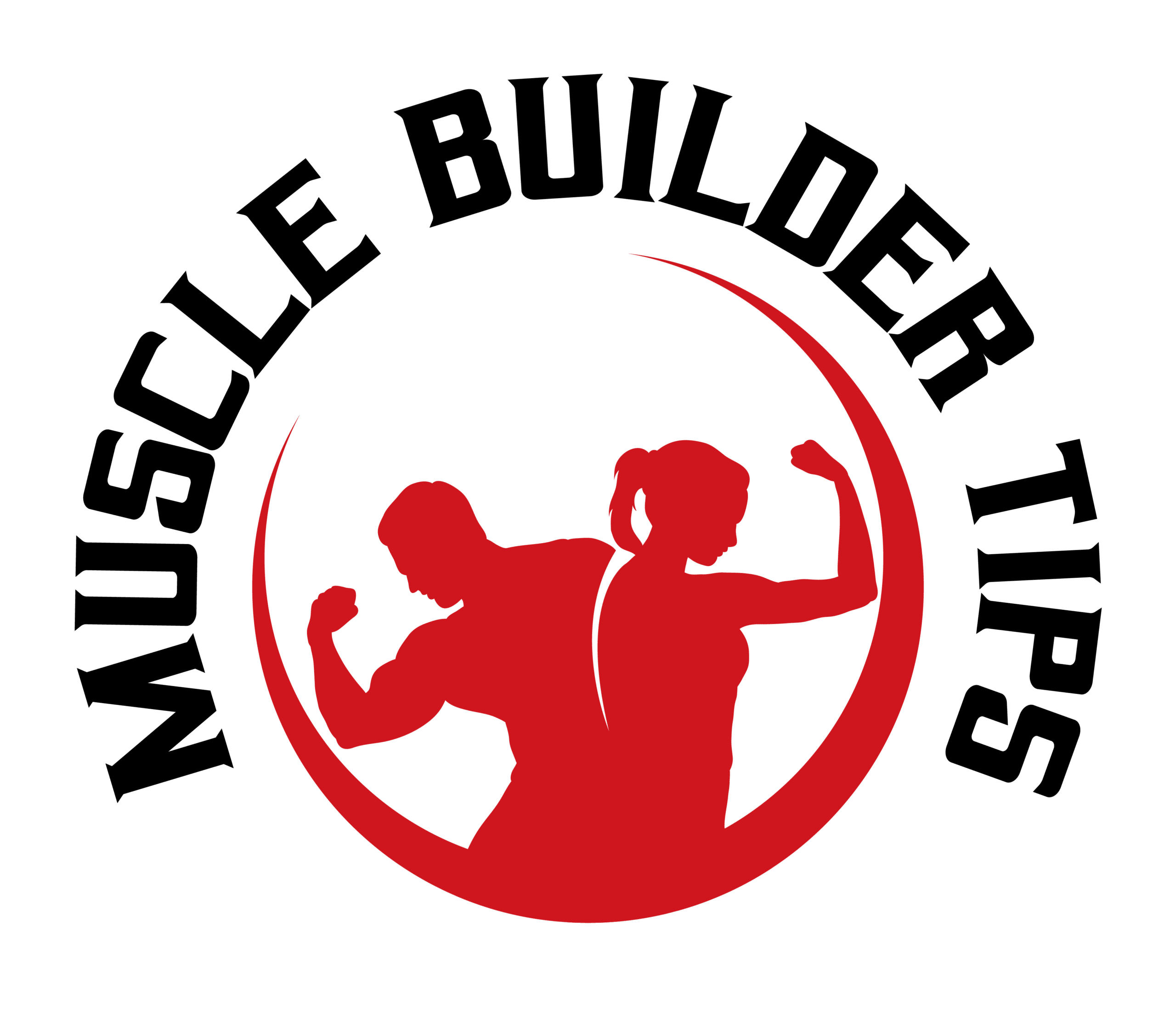Finding Balance: Stress Management and Its Impact on Cortisol Levels

Stress Management and Cortisol Levels
In today’s fast-paced world, stress has become an inevitable part of our lives. While some stress can be motivating, chronic stress can take a toll on our physical and mental well-being. One key player in the stress response is cortisol, a hormone released by the adrenal glands. When cortisol levels are constantly elevated, it can lead to a range of health issues. In this comprehensive guide, we’ll explore the link between stress management and cortisol levels. By understanding the effects of chronic stress on the body and adopting practical stress-reduction techniques, you can take charge of your health and well-being.
1. Cortisol and the Stress Response:
– Explore the role of cortisol in the body’s stress response system.
– Understand how cortisol influences various physiological functions.
2. The Impact of Chronic Stress on Cortisol Levels:
– Recognize the consequences of long-term stress on cortisol secretion.
– Learn how elevated cortisol can affect metabolism, immune function, and mental health.
3. The Mind-Body Connection:
– Understand the interconnectedness of stress, emotions, and cortisol release.
– Recognize the influence of thoughts and feelings on cortisol regulation.
4. Stress Reduction Techniques:
– Practice mindfulness and meditation to reduce stress and cortisol levels.
– Incorporate relaxation techniques such as deep breathing and progressive muscle relaxation.
5. Physical Activity and Cortisol:
– Explore the impact of exercise on cortisol levels and stress management.
– Find the right balance between intense workouts and restorative activities.
6. Sleep and Cortisol Regulation:
– Prioritize quality sleep to support healthy cortisol levels.
– Establish a sleep routine and create a calming sleep environment.
7. Nutrition and Stress Management:
– Adopt a balanced diet to support adrenal health and cortisol regulation.
– Avoid excessive caffeine and refined sugars, which can contribute to stress.
8. Social Support and Coping Mechanisms:
– Cultivate a strong support network to manage stress effectively.
– Develop positive coping strategies to navigate challenging situations.
9. Time Management and Boundaries:
– Establish healthy boundaries to prevent overwhelming stress.
– Organize your schedule to reduce stress-inducing time pressures.
10. Seeking Professional Support:
– Don’t hesitate to seek professional help for chronic stress and cortisol imbalances.
– Consider counseling, therapy, or medical advice if stress becomes unmanageable.
Managing stress is not just about feeling better in the moment; it’s about protecting our long-term health and well-being. By understanding the impact of chronic stress on cortisol levels, we can take proactive steps to cultivate stress management techniques. Incorporate mindfulness, exercise, and sleep into your daily routine to support healthy cortisol regulation. Nourish your body with a balanced diet and seek social support when needed. Setting boundaries and managing time effectively can help reduce stressors in your life. Remember, seeking professional support is not a sign of weakness; it’s a sign of strength and self-care. By taking charge of your stress levels, you can create a healthier and more balanced life, allowing you to thrive in all aspects of your journey. Embrace stress management as a tool for finding balance and reclaiming control of your overall well-being.
RELATED SEARCH TERMS ABOUT STRESS MANAGEMENT AND CORTISOL LEVELS:
- “Taming the Stress Beast: How Stress Management Impacts Cortisol Levels”
- “Cortisol Unmasked: Understanding the Link Between Stress and Hormonal Balance”
- “Mind Over Matter: The Mind-Body Connection in Stress and Cortisol Regulation”
- “Zen in the Chaos: Effective Stress Reduction Techniques for Lowering Cortisol”
- “The Stress-Exercise Equation: How Physical Activity Modulates Cortisol Release”
- “Sleeping Away Stress: The Crucial Role of Rest in Cortisol Regulation”
- “Food for Thought: Nourishing Nutrition for Adrenal Health and Cortisol Balance”
- “Shoulder to Lean On: Social Support and Coping Strategies for Cortisol Management”
- “Time Management: Carving Out Stress-Free Zones to Manage Cortisol”
- “When Stress Takes Its Toll: Seeking Professional Help for Cortisol Imbalances”
